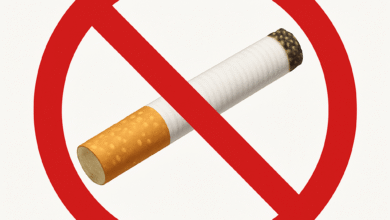Africa’s hottest country – only nation in the world with average temperature above 30C
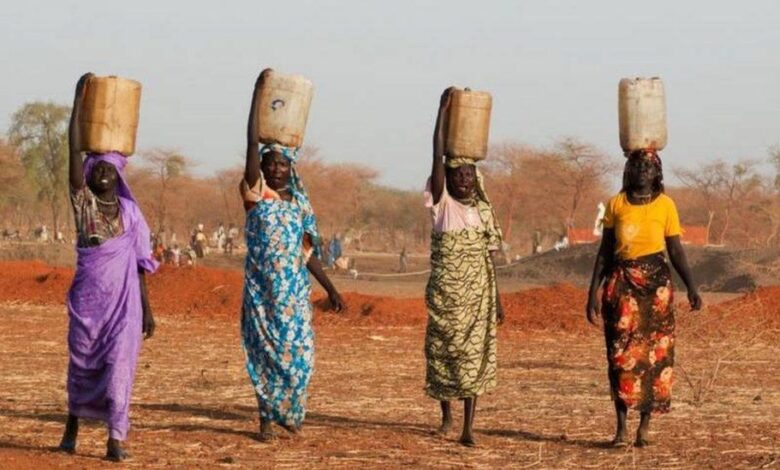
Burkina Faso has earned the distinction of being the hottest country on Earth, according to data from the World Bank Group. With an average temperature of 30.4°C, the landlocked West African nation leads the global rankings, outpacing its closest rival, Mali, which records an average of 29.2°C.
Africa is already known as one of the hottest continents, with six of the top ten hottest countries located on the continent. Of these, five are found in the Sahel region, a vast semi-arid belt stretching 3,670 miles from the Atlantic Ocean in the west to the Red Sea in the east.
READ MORE: King Paluta drops diss track instead of apologising for stage insult
The Sahel’s climate is defined by extremely high temperatures year-round, a prolonged dry season (October to May), and a short, erratic rainy season driven by the West African monsoon. Mean annual temperatures in the region range between 21.9°C and 36.4°C, and are expected to rise even further due to global warming.
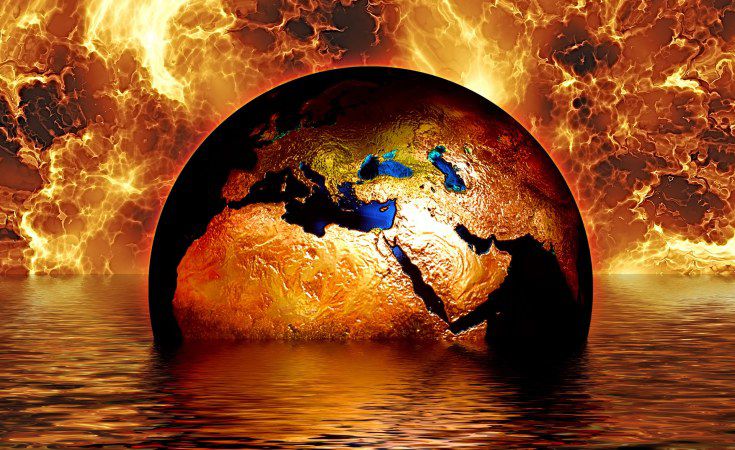
READ MORE: Asantehene vows to attend Sarkodie’s Rapperholic concert: ‘I’d like to witness it myself’
According to experts, such trends could lead to more severe and frequent droughts.
Temperature increases in the Sahel are projected to be 1.5 times higher than the global average
READ MORE: ‘The Cosby Show’ star Malcolm-Jamal Warner dies aged 54 after reported drowning
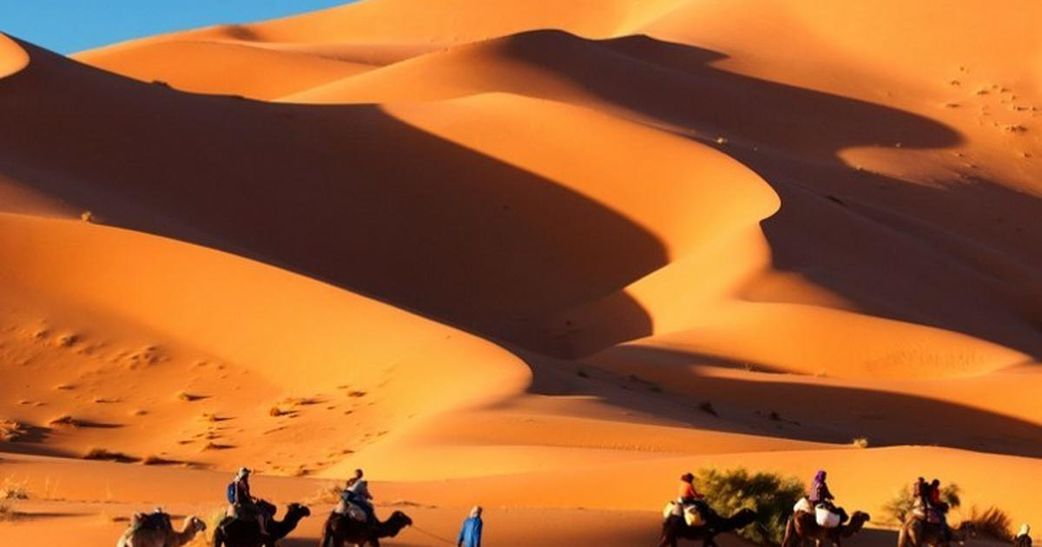
Burkina Faso: Climate and Consequences
Burkina Faso, which straddles the Sahel and tropical savanna zones, sees its hottest months from March to May, with temperatures soaring beyond 40°C in the north. The north of the country bears the brunt of this heat due to its more arid, desert-like climate.
READ MORE: ‘Marriage is expensive; it goes beyond money’: Stonebwoy explains married men’s burden
The extreme heat is not just a matter of discomfort; it has serious implications for public health and safety. In April 2024, both Burkina Faso and Mali endured a brutal heatwave, with mercury levels spiking past 45°C. Scientists from World Weather Attribution (WWA) described it as a “once-in-200-years” event.
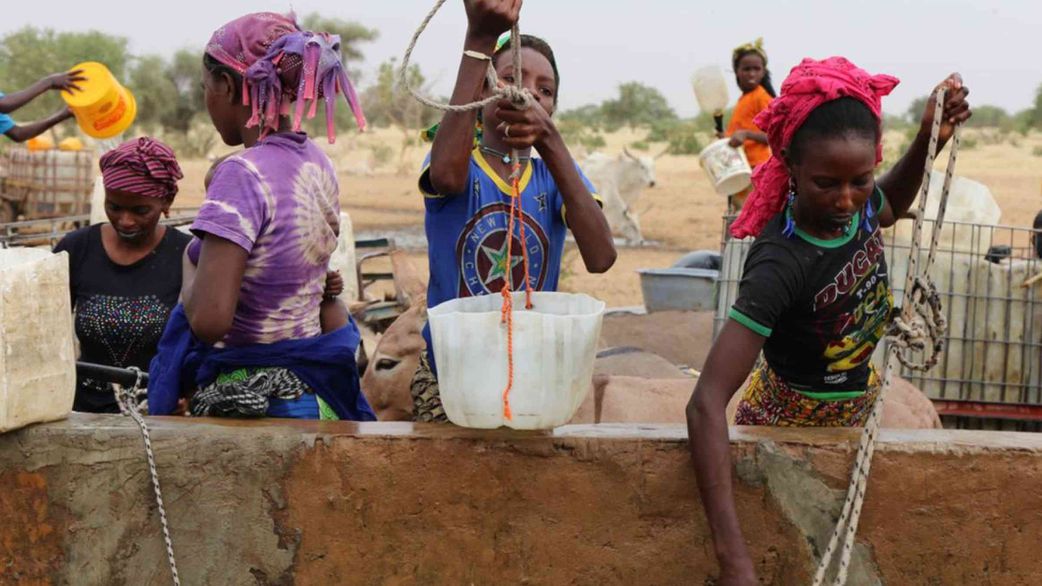
READ MORE: ‘Ghana’s film industry and Black Stars are under a curse’ – Prophet Kumchacha claims
The WWA cautioned:
These trends will continue with future warming
The heatwave triggered mass hospitalisations and a sharp rise in heat-related deaths, although a precise toll is difficult to ascertain due to limited data. In Gabriel Toure Hospital in Bamako, Mali, over 100 deaths were recorded between 1st and 4th April, compared to 130 deaths for the entire month of March.
READ MORE: ‘You can’t be a Black man and worship a white God’ – Rocky Dawuni fumes
Climate change and resilience
Burkina Faso’s exposure to the effects of climate change is evident. The country is grappling with irregular rainfall patterns, prolonged droughts, and occasional floods, all of which endanger food security, water resources, and human health.
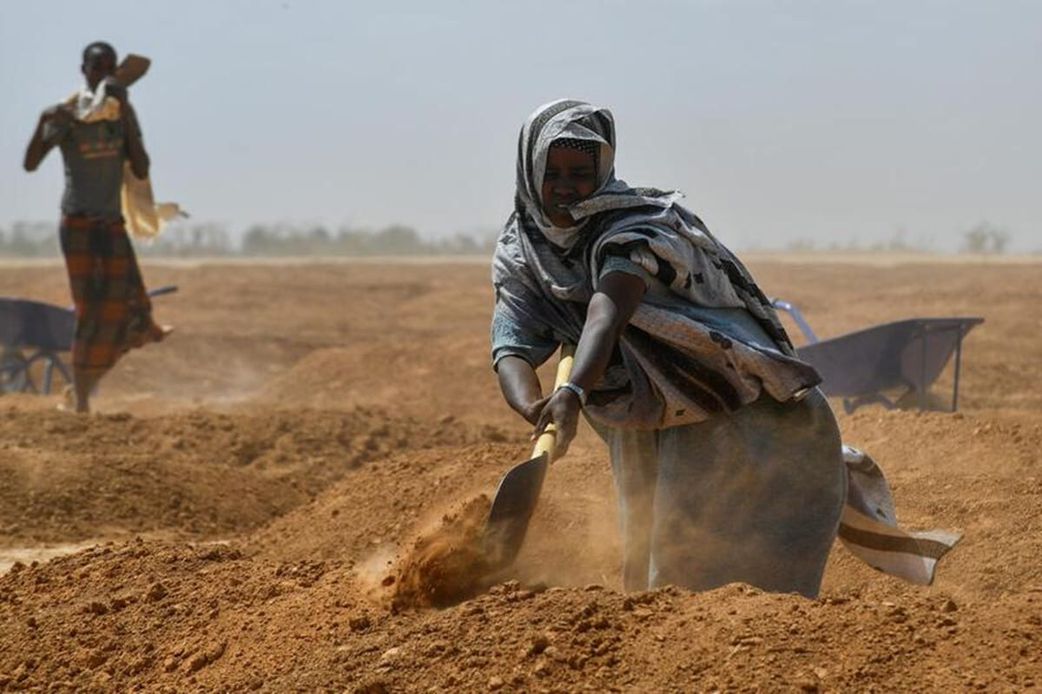
READ MORE: High Court denies bail to jailed Nana Agradaa pending her appeal application
In response, the government has initiated several climate resilience programmes. These include large-scale reforestation efforts, promoting sustainable agriculture, and investments in renewable energy to cut down reliance on biomass fuels and bolster energy security.
Historical drought patterns
READ MORE: ‘You can’t be a Black man and worship a white God’ – Rocky Dawuni fumes
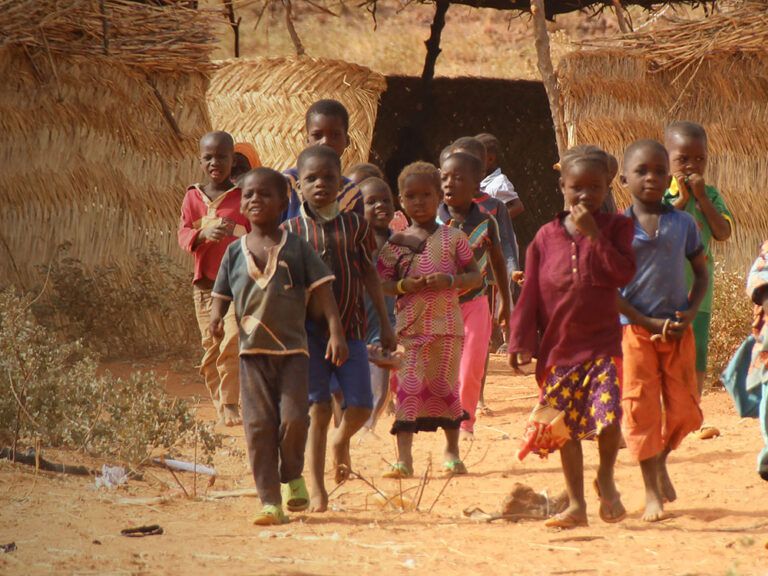
The Sahel region has experienced repeated drought crises since the 1970s, with notable dry spells in 2005, 2008, 2010, and 2012, further stressing fragile ecosystems and vulnerable populations.
READ MORE; Inside Africa’s coldest country filled with glaciers, snow and ice and -29C temperatures
Burkina Faso may hold the record as the world’s hottest country, but the bigger concern lies in the worsening impact of climate change on human lives, ecosystems, and national economies. As heatwaves become more intense and frequent, experts say urgent action is needed both locally and globally to mitigate the risks.


